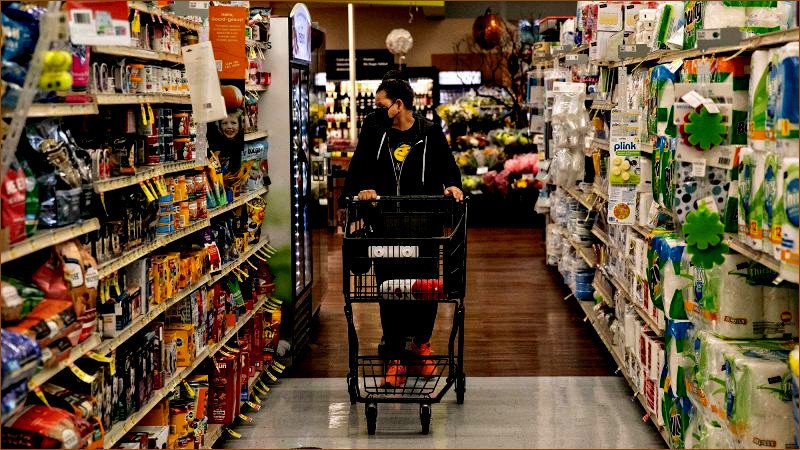In a monumental twist, the storied union between grocery titans Albertsons and Kroger, envisioned to be the largest merger in the history of U.S. supermarkets, has crumbled spectacularly. On Wednesday, a mere day after a federal judge dealt a decisive blow to their ambitions, Albertsons abandoned the $25 billion endeavor.
This ambitious merger, which first emerged in 2022, aimed to amalgamate the fifth and tenth largest retailers across the nation, a coalition of grocery chains including notables like Safeway, Harris Teeter, and Fred Meyer, among others.
Albertsons’ CEO, Vivek Sankaran, articulated the gravity of the situation in a statement, expressing, “We have made the difficult decision to terminate the merger agreement.” Yet the narrative took another turn as Albertsons initiated legal proceedings against Kroger, alleging a breach of contract. They accused their once-partner of failing to employ their “best efforts” to secure the required regulatory approvals, placing the blame squarely on them.
Kroger, in response, vehemently refuted Albertsons’ claims, branding them as “baseless and without merit.” The company suggested that the accusations were a diversion from Albertsons’ own contractual breaches and that they sought an unwarranted break-up fee. Kroger pointed to their attempts, which they characterized as “extraordinary lengths,” to push the merger through.
The merger was proposed as a strategic shield against increasing competition from corporate giants like Walmart and Amazon, which have steadily siphoned market share from traditional supermarkets. Moreover, both companies touted their predominantly unionized workforces, insisting that the merger would bolster their capacity to compete with massive non-union competitors.
However, federal judge Adrienne Nelson’s ruling painted a different picture. In her analysis, she articulated that supermarkets operate in a distinct realm compared to broader grocery retailers, signaling an absence of direct competition with giants like Walmart and Amazon. She warned that the merger would evaporate head-to-head competition, potentially leading to escalated prices for consumers.
The deal also faced formidable resistance from a coalition of unions, local grocery outlets, and bipartisan political factions wary of the ramifications of corporate consolidation. The Federal Trade Commission’s intervention to block the merger marked a significant victory for former chair Lina Khan, whose skepticism about large mergers stems from a belief that they often undercut consumer interests.
Despite Kroger and Albertsons claiming that their unification would enable price reductions for shoppers, detractors vocally disputed this, positing that consumers would ultimately bear the brunt through elevated costs.
Predictions of the merger’s collapse didn’t escape the notice of the markets; both Kroger’s and Albertsons’ stocks surged on the news of the deal’s dissolution. Albertsons aimed to further bolster its stock performance by announcing a $2 billion share buyback program.
In their future-facing statements, Albertsons assured investors that they would steadfastly continue to enhance their stores, technology, and workforce. Analysts viewed Kroger’s standing as more robust than Albertsons’—a testament to its supremacy as America’s largest grocery chain.
As Kroger’s CEO, Rodney McMullen, emphasized last week, the company remains “well positioned” for growth, regardless of the merger’s fate. He confidently stated, “We’ve always made sure that we don’t need to do mergers to make our business successful. If it doesn’t happen, we’ll continue to go on.”
This saga reflects not just the intricacies of corporate strategy but the delicate balance of market forces and regulatory oversight in a rapidly evolving retail landscape.

